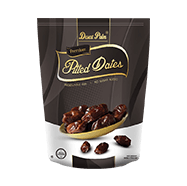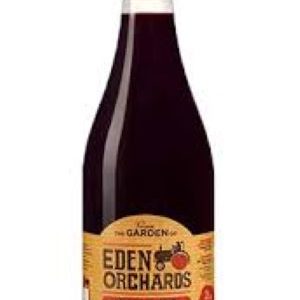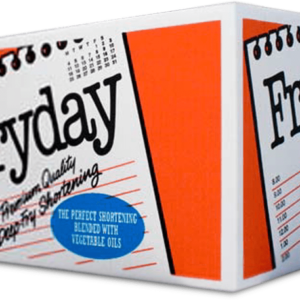SWEET COCONUT
Coconuts are naturally sweet due to the sugars they contain, primarily sucrose, glucose & fructose, Young coconuts are generally considered sweeter than mature ones.
Desiccated coconut also retains this natural sweetness, as the drying process concentrates the sugars. Coconut sugar, derived from the sap of the coconut palm, is another sweetener with a caramel-like flavor, used as a substitute for regular sugar in various recipes.
Factors Affecting Sweetness:
- Maturity: Young coconuts tend to be sweeter than mature ones.
- Variety: Some coconut varieties, like the Sweet Coconut (kelapa kopyor), are known for their exceptional sweetness.
- Growing Conditions: The soil and climate can also influence the sweetness of coconuts.
- Processing: Desiccated coconut, due to its drying process, has concentrated natural sugars.
- Added Sugar: Sweetened coconut products, like flaked coconut, have added sugar to enhance sweetness.
Forms of Coconut Sweetness:
- Coconut Water: Can be refreshing and slightly sweet.
- Coconut Meat: The white flesh inside the coconut is naturally sweet.
- Desiccated Coconut: Finely shredded dried coconut with a concentrated sweetness.
- Coconut Sugar: A granulated sweetener derived from coconut palm sap.
- Coconut Nectar: A syrup made from coconut sap, used as a sweetener.
- Cream of Coconut: A thick, sweet coconut cream, often used in cocktails and desserts.






